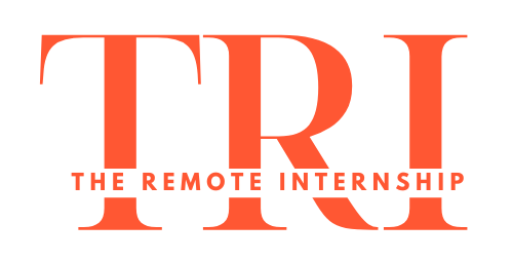When you are still in college or high school, it’s a good idea to learn debating skills. Even competitors seeking the highest levels of society must show that they are skilled in presenting and exchanging views. Further, expertise in presenting your viewpoint (the reasons why you should hire me for a remote internship, for instance) can be the difference between employment and unemployment.
On a national scale, voters are pretty excited about upcoming political debates. Often pundits review debate performance 24/7 long after the debate session as aired on national television, cable channels and broadcast on social media.
But has our interest in public discourse ebbed with the changing times? The 3NR, a blog chronicling the activities of high school debate clubs found, “participation in policy debate has declined significantly from 2020 to 2021.” Even more pronounced the organization reports that the data show, a decline “even more significant from 2019 to 2021.”
Equally troubling is that the data is backed by on-the-ground observations of participants noticing, “tournament fields have been noticeably smaller and fewer schools have been actively competing.”
Are debate skills essential skills in the job marketplace of today? Graduates of the California Polytechnic State University (CalPoly) seem to think so. Alumni regarded job skills (research, analysis and disputation competencies) gained when participating in intercollegiate debate activities “helped them prepare for life after college.”
But does the research demonstrate? The Stanford National Forensic Institute (SNFI) operated by the Stanford Debate Society at Stanford University cited initiatives by the College Board (creators of the SAT) to incorporate “the sorts of skills debate teaches.”
Specifically,
- Preparing and presenting a critical response to a specific argument,”
- Presenting valid viewpoints based upon analysis and not mere opinion,
- Responding quickly (in real time),
- Stating one’s viewpoint, calmly and free of emotion,
- Advocating in support of one’s viewpoint while refraining from making personal attacking at the opposing presenter, and
- Applying critical thinking skills at a moment’s notice.
Getting back to college entrance exams, research has shown participants in debate clubs attain ACT scores higher than non-participating students.
About 10 years ago, near the height of debate club popularity an article appearing in Forbes suggested that employers should emphasize the hiring of those skilled in debate to lead the company. And putting them on the fast track to success. Why? Because of their communication, debate and presentation skills.
The National Federation of State High School Associations (NFHS) in more recent times identified the critical need for workers to possess the skills used to excel in public discourse.
Here are the reasons why:
To discern fact presented from fact checkers as well as those sources generally known to present fiction (fake news),
- To discern fact presented from fact checkers as well as those sources generally known to present fiction (fake news),
- To use critical information to make major life and career decisions,
- To present a credible stance, it is important to base one’s viewpoint on research beyond “Google” searches,
- To withstand public criticism of one’s viewpoint with aplomb.
- To seek out credible sources of information.
You may say that former debate club members, alumni, teachers and professors of debate activities will hold just one view. That debating is an important skills to have. To participate in debate activities are essential to success.
An up-to-date 2023 Forbes article emphasizes the ways in which debate skills are associated with improved critical thinking skills. Even among students who were previously “low achieving” underperformers.
Further, research presented in Science Direct, does support many of notions held by proponents of debate clubs and others.
Practicing one’s debating skills does indeed enhance:
- Critical thinking skills,
- Communication abilities,
- Teamwork competencies,
- Self-directed learning.
So, as you watch the verbal exchange of information, policy viewpoints and stances, think of how you might use debate skills to start your career, further your personal and professional goals and to make your voice heard.

